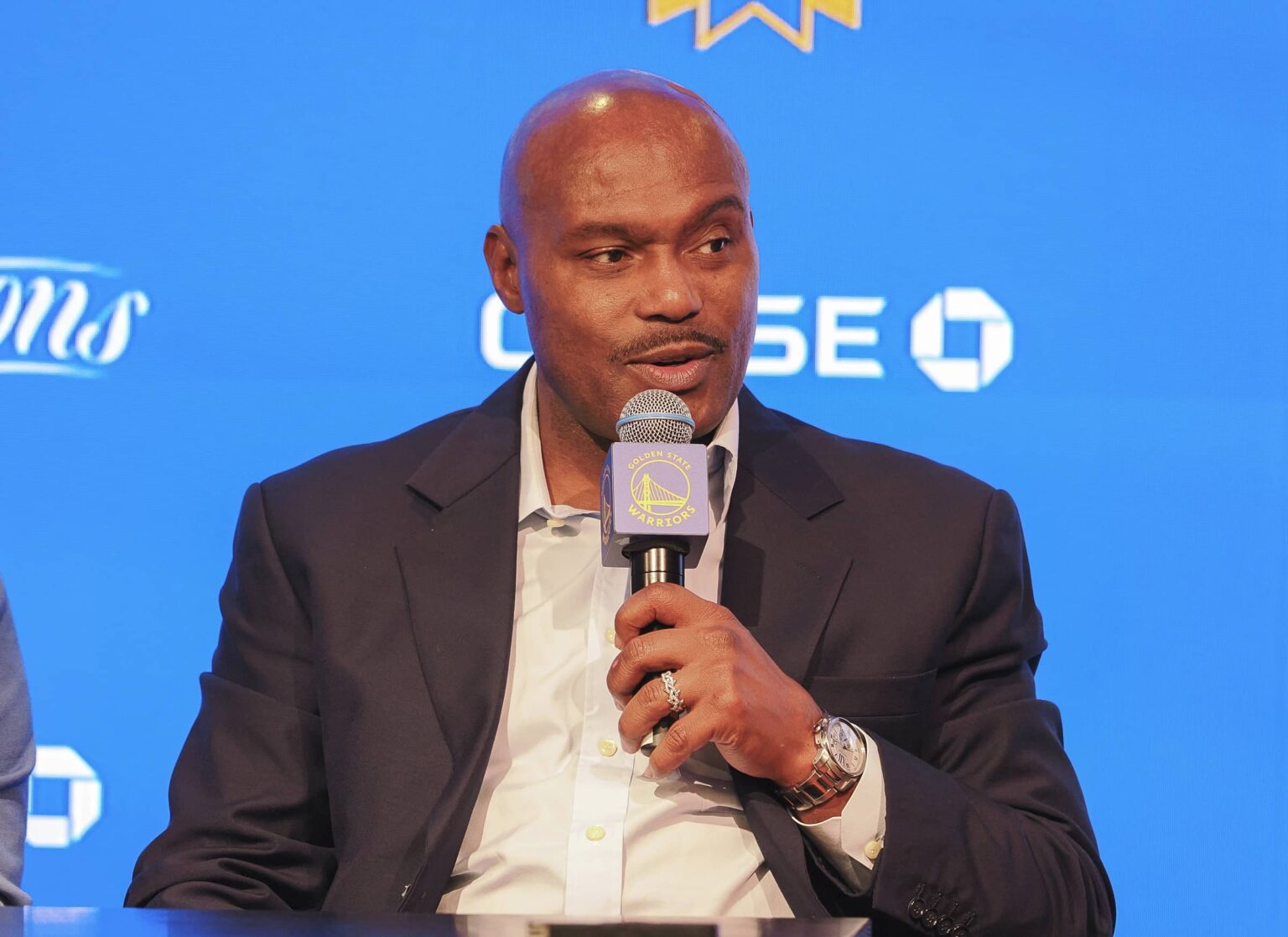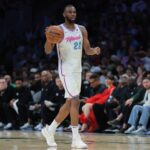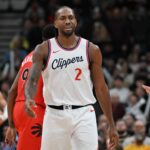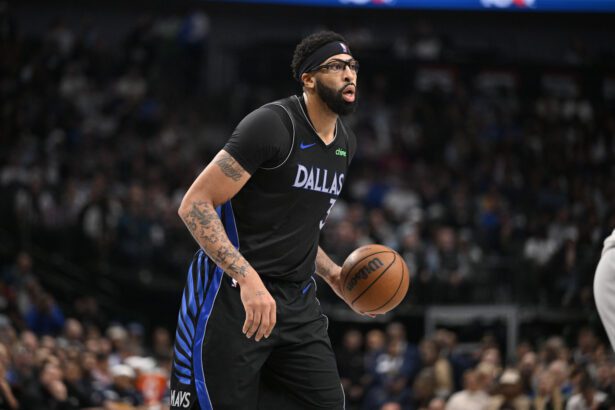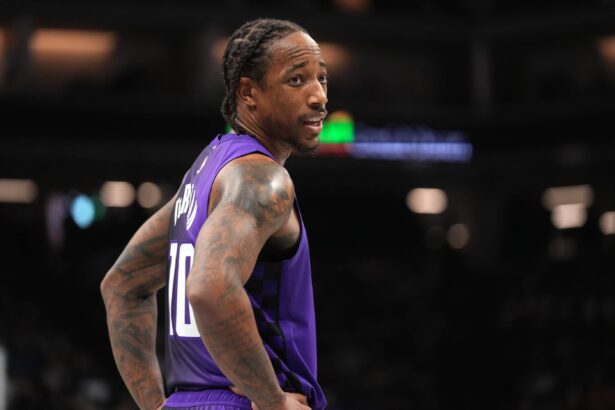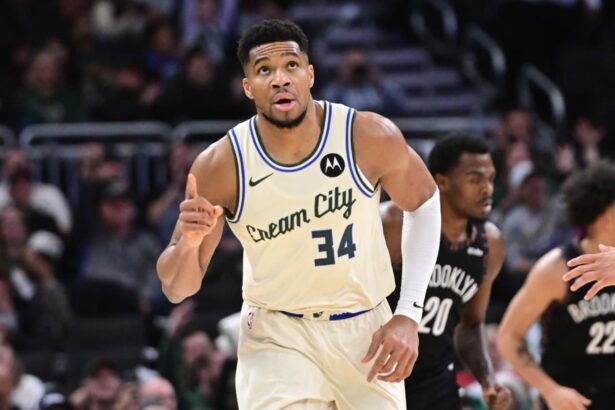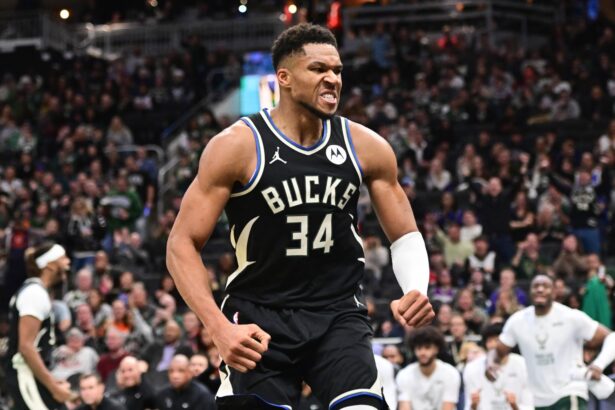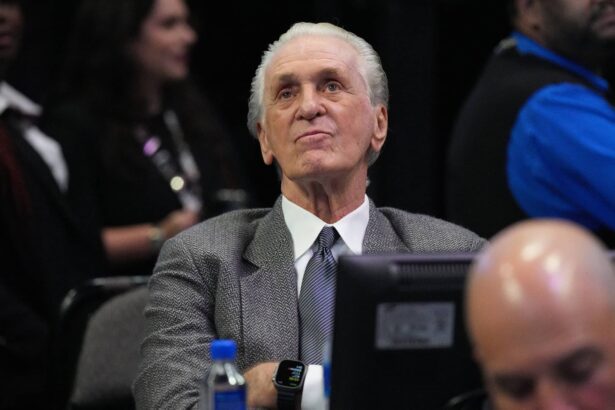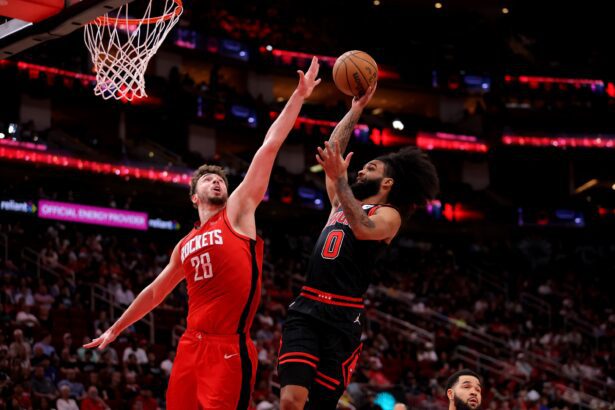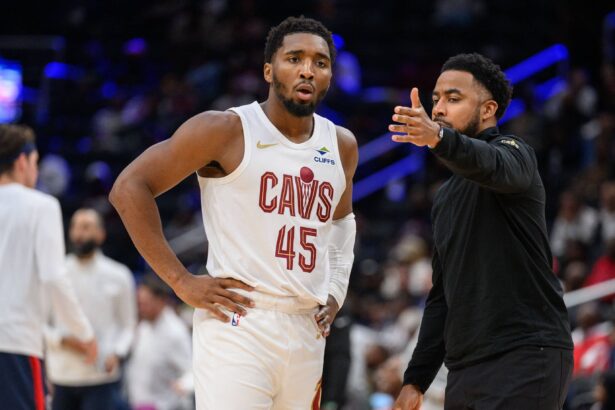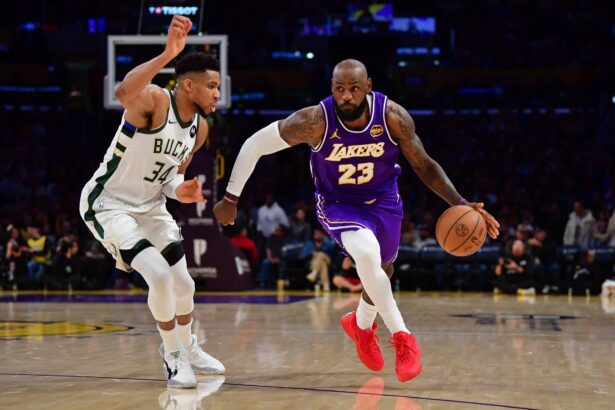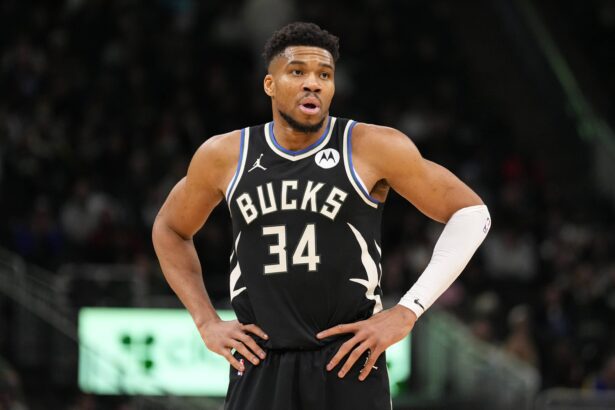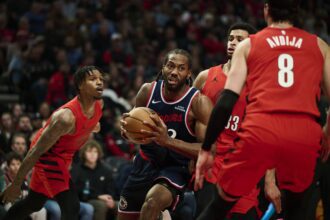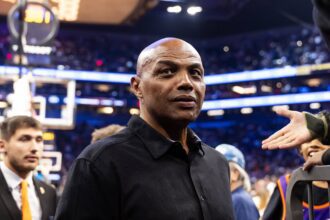Tim Hardaway Sr. had a successful NBA career, lasting 13 years before he retired at the age of 36. During this period, the Hall of Famer showcased impressive durability, particularly in the early stages of his career.
In a recent interview with Action Network, Hardaway Sr. was asked why players, particularly veterans, were struggling to remain healthy and resorting to methods such as load management to avoid injury. The Hall of Famer responded:
“We were used to playing and practicing, playing and practicing. We were used to it ’cause our body was used to it, you know? People are trying to do this study about gym shoes, low cuts, why they hurt their Achilles, and stuff like that. I say their bones are still fragile.”
“Their bones haven’t matured. Their bones haven’t really gotten strong because a lot of these guys, if you look at them, don’t drink milk. They don’t drink real vitamin D milk. When we were growing up, our parents urged us to drink vitamin D milk. It is kind of funny, you know, ’cause I laugh when I say this, you know?”
After making this sweeping claim, the former Golden State Warriors guard added how, in their childhood, it would affect their digestion, but he swore by the results.
“When you broke an arm, when you broke a shoulder, when you broke something, broke a wrist, they always, the doctors, were like, drink milk, drink milk, drink milk. That’s going to mend your bones and make them stronger. All this lactate intolerance and, you know, ‘We’re drinking this skimmed milk and we’re drinking that other milk,’ and you’re not drinking regular milk. That helps you develop your bones and get them stronger.”
Hardaway Sr. makes an interesting point about the approach players have toward nutrition today. His critique regarding the durability of athletes has been voiced by other former players, too, but the approach toward diet certainly is a major factor in developing resistance to injuries.
The results, in this regard, speak for themselves. A player like LeBron James, who emerges as the paragon of longevity and durability, invests a significant amount of time and money in his conditioning and nutrition. Meanwhile, players who have sustained major injuries, like Joel Embiid and Zion Williamson, have been criticized for the poor attention they pay toward their dietary choices.
Player injuries have become a more commonplace occurrence in the league over the past few seasons. When considering that most of these are typically season-ending or long-term injuries, it is understandable why players would wish to opt for the load management option.
In light of this, the investment shown in nutrition and conditioning by players such as Luka Doncic could be considered inspiring. Given the investment in making an improvement this offseason, the Lakers‘ superstar underwent a massive transformation, featuring a rigorous diet and workout regimen.
Based on his performances at EuroBasket, it is abundantly clear that the change in approach has had a positive impact. Whether this will help him remain healthy in the 2025-26 regular season is yet to be seen.
Hardaway Sr.’s take is in favor of more robust dietary practices, but there may be some truth to it. As more players opt for alternative nutrition plans, the results of these decisions are only depicted in their performance on the floor.

